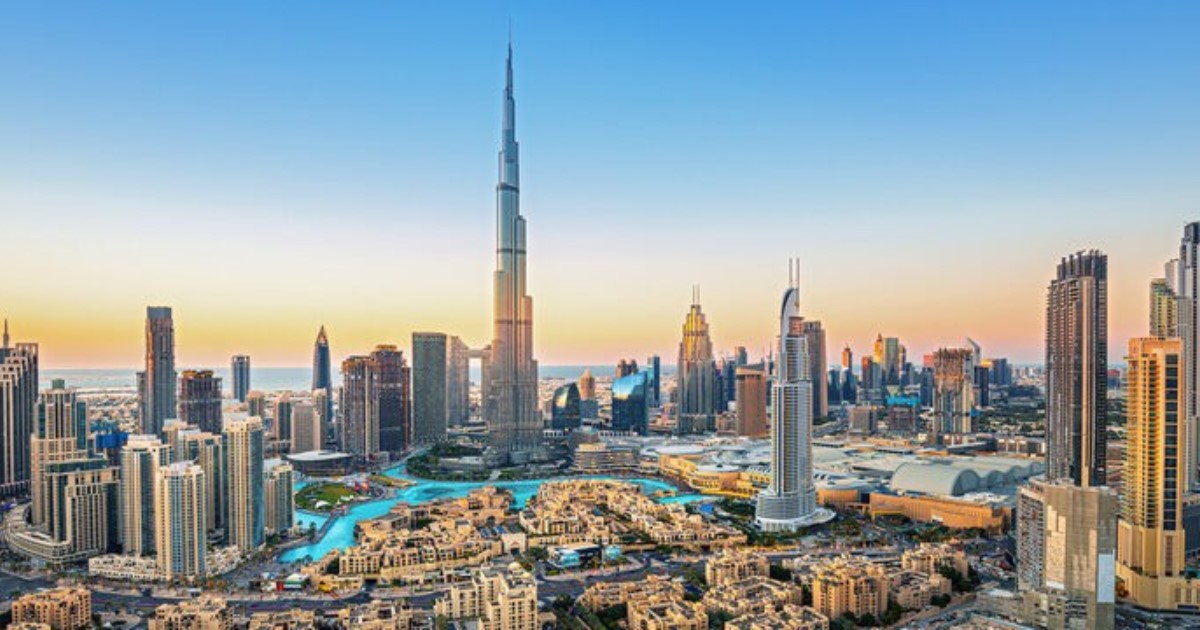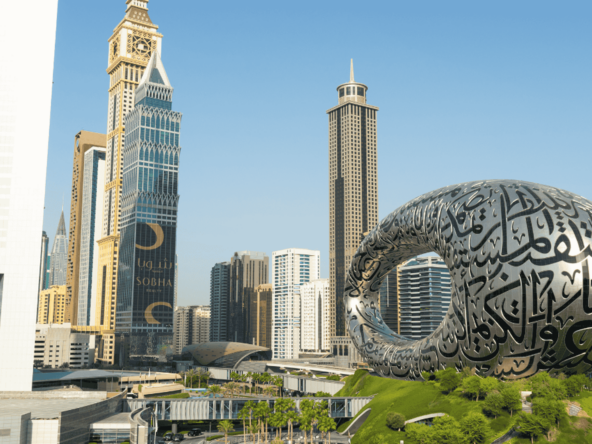Dubai’s real estate market offers lucrative opportunities for both investors and residents. However, navigating the city’s property laws, particularly the differences between freehold and leasehold properties, can be confusing for those new to the market. Whether you’re considering investing in real estate or looking for a home, it’s essential to understand these property laws to make informed decisions. In this blog post, we will break down the key differences between freehold and leasehold properties in Dubai, ensuring you have all the information you need to choose the right option.
What is Freehold Property in Dubai?
Freehold property gives the owner full ownership of both the property and the land it stands on. This is the most desirable form of ownership for expatriates and foreign investors because it provides permanent rights to the property. In Dubai, specific areas are designated as freehold zones where non-UAE nationals can buy and own property outright.
Some popular freehold areas in Dubai include:
- Dubai Marina
- Palm Jumeirah
- Downtown Dubai
- Jumeirah Lakes Towers (JLT)
When you purchase a freehold property, you have the right to sell, lease, or rent out your property at your discretion. Additionally, you can pass it on to your heirs, as full ownership is granted indefinitely. Freehold ownership in Dubai also allows foreign buyers to apply for a renewable residency visa, depending on the value of the property.
What is Leasehold Property in Dubai?
Leasehold property, on the other hand, grants the buyer rights to the property for a specified period, typically between 10 and 99 years. In this case, the ownership of the land remains with the original owner, while the lessee (buyer) has the right to use and occupy the property for the lease term. Once the lease term ends, ownership reverts back to the original landowner unless the lease is renewed.
Leasehold properties are usually found in older areas of Dubai, and the land is often owned by government authorities or local entities. Some of the common leasehold areas include:
- Deira
- Dubai Silicon Oasis
- Bur Dubai
For residents who want a long-term living arrangement without the commitment of full ownership, leasehold can be a practical option. However, leasehold owners are typically responsible for maintaining the property and may face restrictions on making significant structural changes.
Key Differences Between Freehold and Leasehold Properties
- Ownership Rights:
- Freehold: Full ownership of the property and land, with the ability to sell, rent, or pass on to heirs.
- Leasehold: Limited ownership rights for a set period, with no ownership of the land.
- Duration:
- Freehold: Ownership is permanent.
- Leasehold: Ownership is temporary, typically lasting 10-99 years.
- Transferability:
- Freehold: Property can be freely transferred to others or inherited.
- Leasehold: Property cannot be transferred beyond the lease period without a lease extension.
- Residency Visa:
- Freehold: Foreign buyers may be eligible for a residency visa, depending on the value of the property.
- Leasehold: Residency visas are not typically available for leasehold properties.
- Property Maintenance:
- Freehold: Owners are generally responsible for property upkeep and maintenance fees.
- Leasehold: Maintenance responsibilities can vary based on the terms of the lease agreement.
Which Option is Right for You?
The decision between freehold and leasehold properties depends largely on your long-term goals and financial situation. For investors and expatriates looking for stability and the freedom to manage their property without restrictions, freehold properties offer maximum flexibility. With Dubai’s freehold areas providing access to some of the city’s most desirable locations, it’s an attractive option for those seeking both personal and financial security.
On the other hand, leasehold properties can be a more cost-effective option for residents who plan to live in Dubai temporarily and don’t want the commitment of full ownership. Leasehold properties still offer long-term security but with lower initial costs compared to purchasing a freehold property.
Conclusion
Understanding the key differences between freehold and leasehold properties in Dubai is crucial when deciding where and how to invest in real estate. Freehold offers permanent ownership, greater freedom, and the potential for a residency visa, making it ideal for long-term investors. Leasehold, while limited in ownership duration, provides a viable option for those seeking affordable, long-term living arrangements without full ownership responsibilities.
If you’re looking for expert guidance in navigating Dubai’s real estate market, Blue Shark Real Estate can help you make informed decisions. With years of experience in Dubai’s property sector, we specialize in both freehold and leasehold properties, ensuring that our clients find the best options tailored to their needs.
Contact Us Today:
- Blue Shark Real Estate
- Email: info@blue-shark.ae
- Phone: +971 4 824 4302
Let us help you explore the best opportunities in Dubai’s thriving real estate market!




